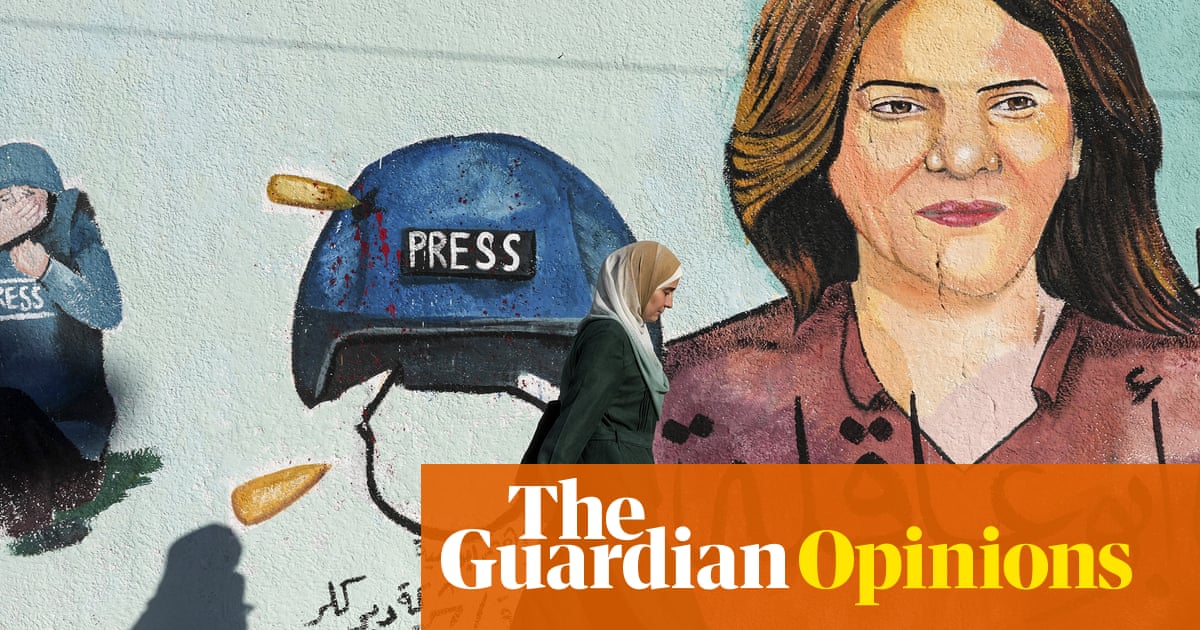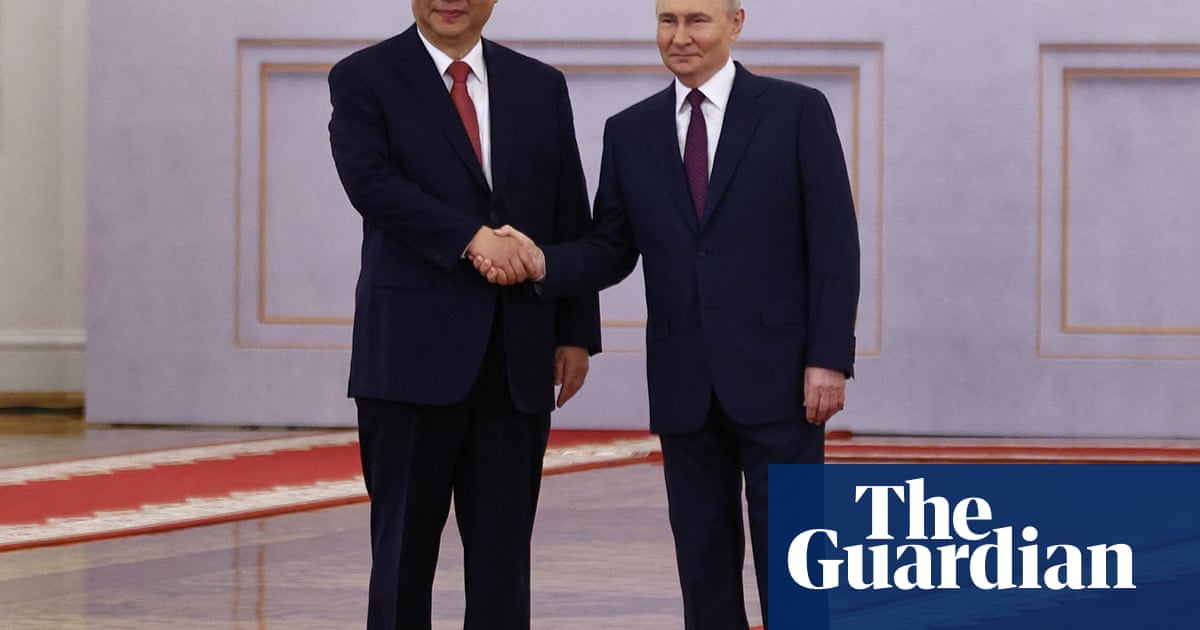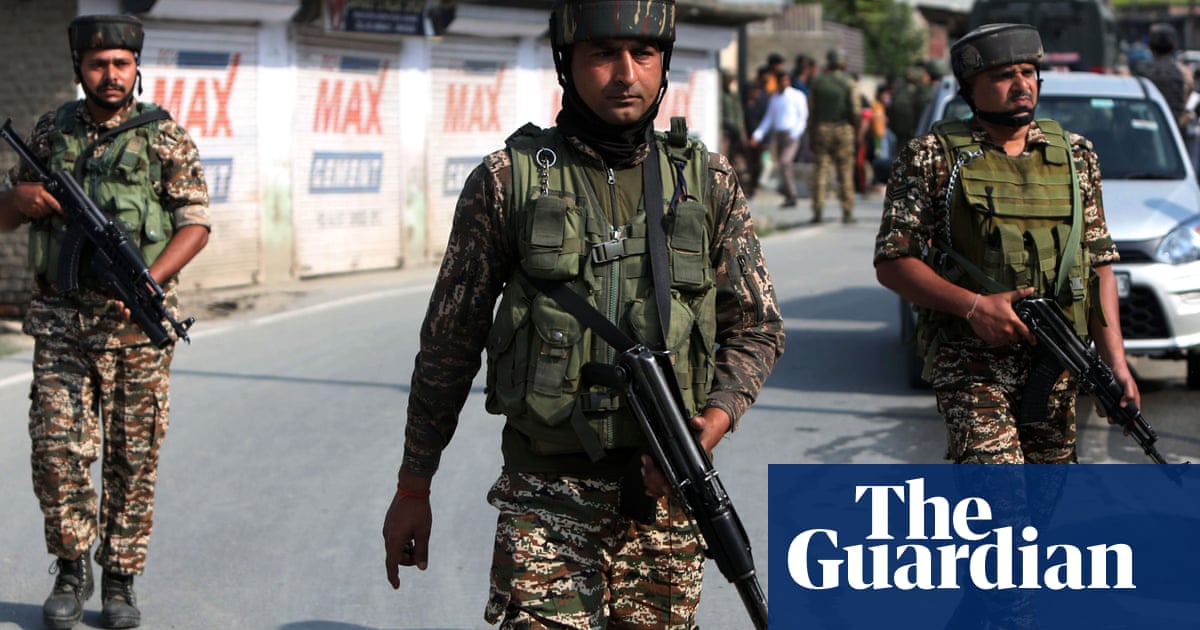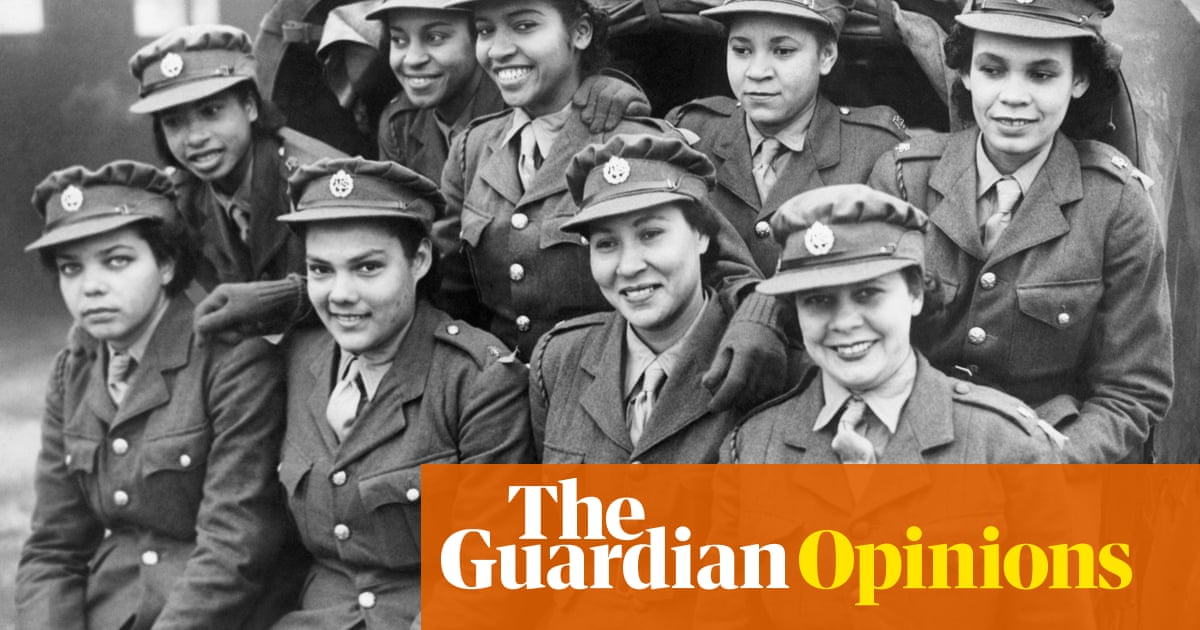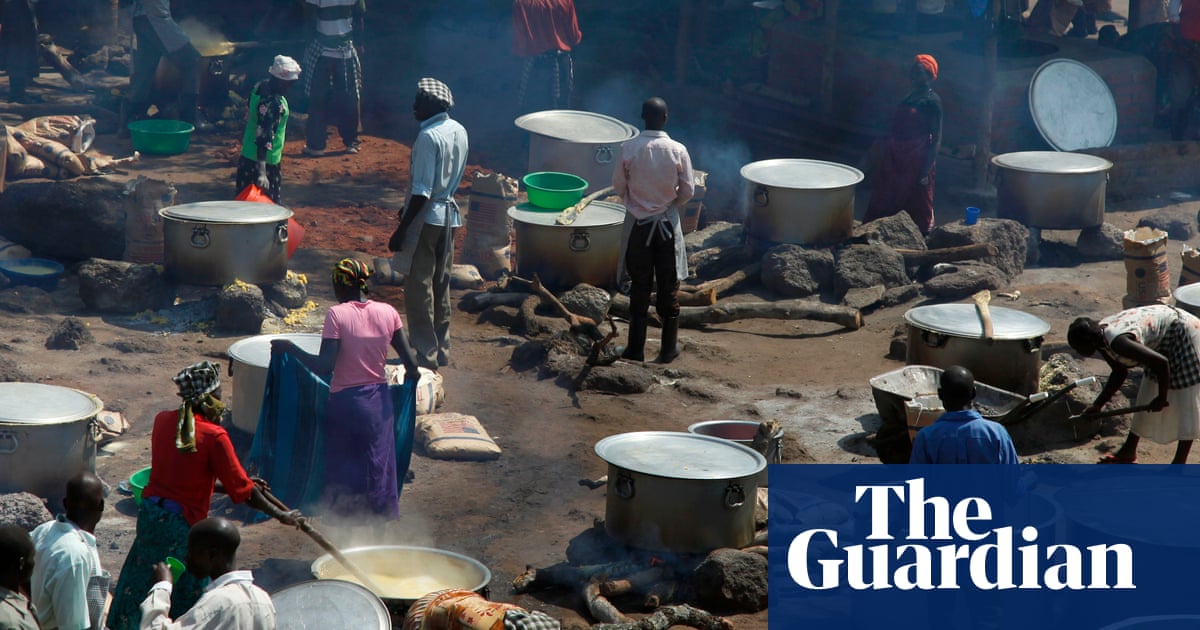It was a normal summer morning in July last year when 19-year-old Samira* made her way to the carpet-weaving shop where she worked in Kabul to pick up her wages. She had no way of knowing that in just a few hours, her life as she knew it would be over.
She would end the day in a Taliban police station, a victim of forced marriage with her entire future decided for her by a group of strangers with guns.
That morning, as she waited alone outside her employer’s shop to collect her salary while he ate his lunch, the Taliban’s “morality police” were on patrol nearby.
“I had to wait because the workshop was an hour’s walk from home,” she says. “The shop was near a main road. Unluckily, I was sitting right outside the door when the Taliban passed by and suddenly noticed me.”
The Taliban officials roam the streets enforcing the Islamic fundamentalists’ strict interpretation of sharia religious law, such as bans on women speaking or showing their faces outside their homes, or travelling without a male relative. They can make decisions about people’s lives and liberties on the spot, say human rights activists, including forcing them to marry.
Under Taliban rule, girls aged over 12 are not allowed to attend school, so carpet-weaving is one of the few areas where women and girls deprived of education can still work.
More than 20 women and young girls along with Samira worked for the carpet-weaving business, located in the basement of an unfinished building in a poverty-stricken neighbourhood. They earned about 7,000 Afghanis (£80) a month.
That day, Samira says, she was “frozen with fear” as they approached her. “They asked, ‘Who is this man [her employer] to you? Why are you alone? What are you doing here? How can you allow such a thing? What are you doing with a man who isn’t your relative?’”
The Taliban officers arrested Samira and Mohammad*, 42, on charges of an immoral relationship and contacted both of their families.
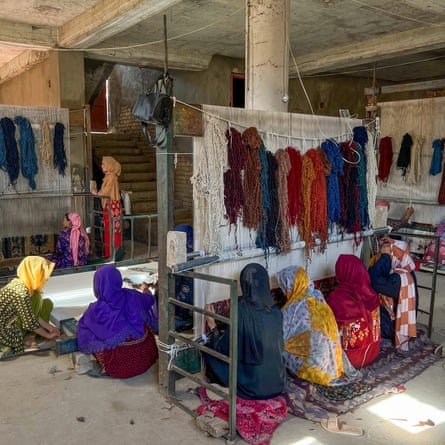
“No matter how many questions they asked, I had no answers because they kept insulting me with hurtful words and curses. They pushed us into their car and took us to the police station.”
Samira says that out of fear, she did not give the Taliban her father’s phone number, so her sister Yasmin* and her sister’s husband came to the police station instead.
Fearing for the teenager’s safety and worried she might be imprisoned, they told the Taliban that Samira and Mohammad were engaged. Mohammad’s family, who were also frightened, said the same thing.
Without any further investigation, the Taliban forced Samira to marry her employer, a man who already had a wife and two children. His eldest son is the same age as Samira.
The marriage was officiated at the station that same day by the Taliban police, who have been given the authority to perform marriage rites since the Islamists’ takeover in 2021. The only witnesses from their respective families were Samira’s sister and brother-in-law, and Mohammad’s father.
Shaharzad Akbar, director of the Afghan human rights organisation Rawadari, says Samira’s story is not uncommon, but many women remain fearful of coming forward to share their story.
after newsletter promotion
“[In the minds of the ‘morality police’] they have to do something when they find a man and a woman together,” she says. “Women are not supposed to be working with men and so this forced marriage is their solution.
“The Taliban police’s power to marry two people is not something that is clear in law. Taliban officials feel entitled to make decisions about people’s lives and liberties and there are no consequences – they are coming up with rules on the spot,” says Akbar.After the marriage ceremony, the Taliban took them both to Mohammad’s house, but Samira’s nightmare did not end there.
When her father, uncle and older brothers learned what had happened, they broke into Mohammad’s house with sticks, shovels and other tools and beat Samira. Samira does not even remember which of her relatives hit her with the shovel. The marks from the wounds on her forehead are still visible six months later, she says.
Yasmin says she had intended to take Samira home before her father had arrived and had to tell Samira she could not now return home. Her father told her: “My honour is gone. How can I face the neighbours and the community?”
Yasmin tried to persuade her father but to no avail. “I apologised repeatedly, telling him that Samira hadn’t done anything wrong and that it was a misunderstanding. I asked him to let her come back now that the Taliban were gone, but no one would listen, not even my mother.
“Because of one word [engaged], my sister’s life was ruined,” she says.
Before being barred from school, Samira says she had dreams of becoming an engineer, despite the mockery of her brothers, who told her: “What does a girl have to do with becoming an engineer? When you grow up, your father will find you a husband.”
Samira, who remains living with Mohammad and his first wife, says she is now struggling with depression and that the only place where she is allowed to go is her sister Yasmin’s house. Neither her father nor her mother will speak to her. She says the men in her family are “no different from the Taliban”.
“Without knowing the full story, without even asking me why I had gone to the factory’s office at that time of day, they feel entitled to call me a prostitute, just like the Taliban did, and enforce the marriage between Mohammad and me.”
As well as frequent reports of the forced marriage of girls and women, Rawadari says 1,202 men and women have been subjected to cruel punishments, including public execution, since the Taliban’s takeover in 2021.
A spokesperson for the Taliban said: “This claim is incorrect. No organisation or individual can force any sister into marriage. So far, this matter has not been brought to our attention, but if it is, it will definitely be investigated. Such a claim is not true.”
However, Richard Bennett, UN special rapporteur on human rights in Afghanistan, said there had been a worsening trend of forced and child marriages in Afghanistan, despite a Taliban order in December 2021 that banned forced marriages.
“Many Afghans have informed me that forced and child marriages still occur widely with impunity, including with Taliban members, especially in rural and remote areas.
“The ban on girls’ education above grade 6 increases exposure of girls to abuse, including early marriage. These marriages often lead to more suffering for women and girls, including marital rape, abuse, forced pregnancy and forced labour.”
* Names have been changed to protect their identities

 3 months ago
50
3 months ago
50


